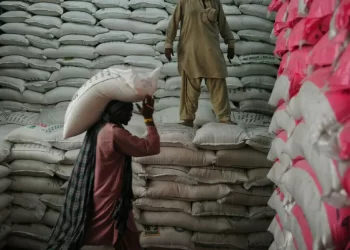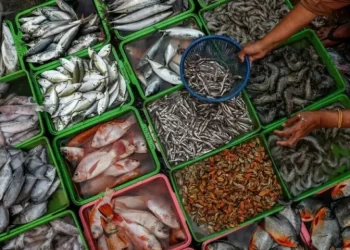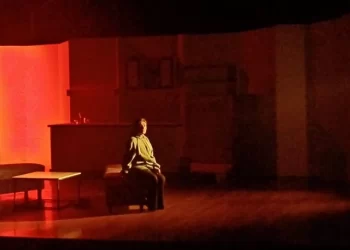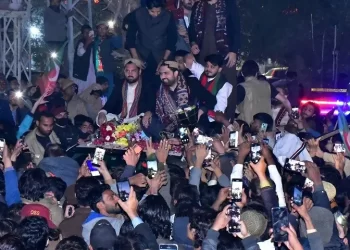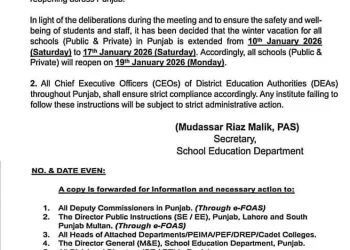As Israel carpet-bombs Lebanon, one horse owner created a haven for horses who survived the shelling.
Bar Elias, Lebanon – Purebred Arabian horses dart in the light of the setting sun, hooves swirling up clouds of sand. They gallop around the paddock, encouraged by their handlers at a stable built like a small citadel on the outskirts of Bar Elias.
But despite the scene’s beauty, as the day draws to a close, a sense of sadness pervades.
Eighteen horses survived the Israeli bombs that turned their stable in south Lebanon to rubble, killing many people and horses.
The rescued horses had found a new home in the central Bekaa Valley. Still, many died during the bombardment of a neighbouring stable when Israel launched its assault on Lebanon on September 23.
A bloody escalation in the conflict between Israel and Hezbollah since October 7, 2023, the Israeli attacks on Lebanon have left more than 1,300 dead and 9,000 wounded in just a few weeks.
Entire regions in the south of Lebanon and the Bekaa Valley are being carpet-bombed as Israeli troops attempt to invade and hold villages along the border.
Gaping wounds still stain the horses’ coats, and their eyes flash in panic at the slightest noise.
“When they arrived, they were exhausted, some [were] injured, and the seriousness of their ailments became apparent in the days following their arrival,” Jaafar Araji, 32, an employee at the family stable, told media.
A grey mare with a wound on her flank bore what looked like sadness in her eyes.
“She had a miscarriage when she arrived, so traumatised and weakened was she. We stayed with her all night to reassure her and make sure she didn’t lose her mind,” he said emotionally.
“Honestly, we could open our own clinic here thanks to the many years of experience we have in tending our horses.”
Jaafar and his family take the rescuees out daily and give them medicine despite the absence of reliable – and accessible – veterinarians in Lebanon and the difficulty of finding feed during wartime.
“In Lebanon, there are only a couple of veterinarians, and they often refuse to help those who don’t have thousands of dollars to pay – so we had to learn on our own,” he said.
Wounds and panic
The empty medicine boxes stacked near the stalls bear witness to the difficult nights of care that the traumatised, wounded horses need.
“We work long shifts at night because this is when most of their symptoms appear,” he explained.
During the day, the stable hosts a riding academy for children, teaching them how to ride the famed Arabian purebred.
Now, in the afternoon’s golden rays, the stable employees rest and enjoy some time with the horses.
Zakaria Araji, Jaafar’s father and the stable’s owner, sits on a bench next to the paddock where the horses train, sipping Turkish coffee while watching the horses gallop. He feeds and cares for these war survivors at his own expense.
“When I got the call from their owner asking for help, I immediately accepted without asking for anything in return. I don’t even know his name, but that’s not important.
“The horses are innocent and pure beings, and I have to do everything I can to help them,” he explained.
This is not the first time the stable has helped rescue horses – it still hosts many who have been saved from neighbouring Syria.
Jaafar explains that they will soon take in 20 more horses from the South and Baalbek, whose owner was killed by a strike. He is currently building new stalls to accommodate them.
He vows they will care for them “whatever it costs us”.
“When we see that Israel is bombing farms, stables, and killing these innocent animals, it’s unfair. Even if their owner was part of Hezbollah, what was the horses’ fault?” Zakaria asked.
The Arajis are part of the Bar Elias region’s history and social fabric.


